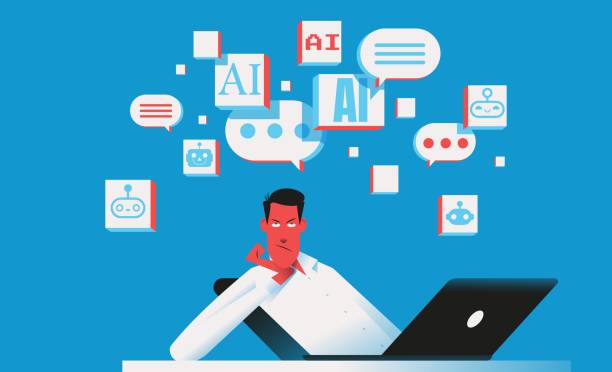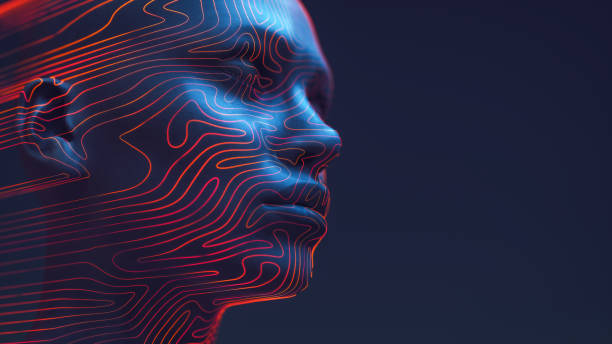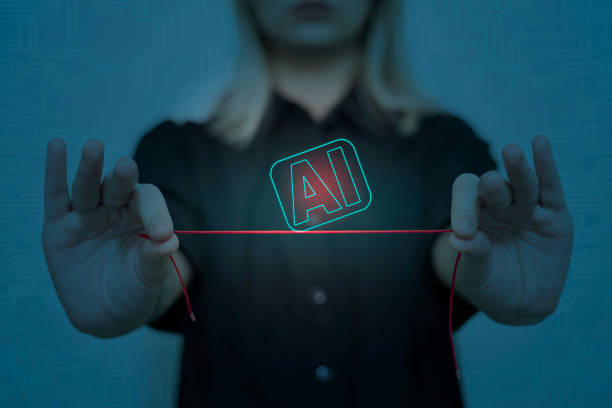Is AI Making Us Smarter or Just More Dependent?
Artificial Intelligence is no longer a futuristic fantasy. It’s here, and it’s shaping the way we learn, work, and live. From AI-powered chatbots to smart assistants, we’re surrounded by tools that promise to make life easier. But with every new breakthrough, one big question keeps coming back: Is AI making us smarter—or just more dependent?
How AI Is Making Us Smarter
There’s no denying that AI has helped millions of people become more efficient, productive, and creative.
In education, AI is transforming how students learn. Platforms like Khan Academy, Duolingo, and ChatGPT allow learners to understand complex topics in simpler, personalized ways. Struggling with math? AI can guide you step-by-step. Need help writing an essay? It can provide structure, grammar support, and ideas in seconds.
In the workplace, AI handles tasks that once ate up hours. Writers use it to brainstorm and polish content. Marketers rely on it to track trends and generate campaign ideas. Doctors and researchers use AI to analyze massive amounts of data and detect diseases faster than ever before.
Even in everyday life, AI is making us feel sharper. Voice assistants help us stay organized. Smart devices adapt to our routines. We can learn new skills, languages, or even start businesses—all with AI by our side.
On the surface, it looks like we’re becoming smarter than ever.
The Silent Problem: Are We Thinking Less?
Here’s where things get complicated.
As AI grows more powerful, many people are starting to outsource not just their tasks—but their thinking. We no longer need to memorize phone numbers, calculate in our heads, or even write full sentences. AI does it for us.
This convenience is also creating a quiet form of dependence. The moment we run into a challenge, our instinct is to open Google or ask an AI for help. We stop trying to figure things out on our own. Over time, this could make us mentally weaker—even if we don’t realize it.
Critical thinking, problem-solving, and deep focus are skills that need exercise. If we rely on machines for every answer, we risk losing the ability to think independently.
Creativity vs. Copy-Paste Intelligence
AI can generate art, music, stories, and even business plans. It sounds amazing—until you realize how easy it is to stop creating and start copy-pasting.
Instead of struggling through the messy, human process of trial and error, people are skipping straight to the final product. But real creativity comes from that struggle. From the brainstorming, the edits, the mistakes.
When we let AI do all the creating, we miss the lessons that come from doing the work ourselves. We may get good results—but not necessarily original ones.
The Danger of Blind Trust

Another issue is overtrusting the technology.
AI sounds confident. It gives answers fast. But it doesn’t truly understand the world. It doesn’t feel pain, hold values, or understand context like a human. It can be wrong—and sometimes, dangerously wrong.
There have been cases where AI gave harmful medical advice or spread misinformation. Yet many people treat its answers like gospel. That blind trust can lead to bad decisions, especially in areas like health, finance, law, or education.
So, What’s the Truth?
AI isn’t good or bad—it’s a tool. Whether it makes us smarter or more dependent depends on how we use it.
If we treat AI like a helper—a way to boost our learning, test our ideas, and expand our creativity—it can make us smarter. But if we let it do all the thinking for us, we risk losing the very skills that make us human.
The goal shouldn’t be to avoid AI. The goal should be to stay mentally active even as AI becomes more powerful. Ask questions. Think critically. Use AI to learn—not just to shortcut your way to results.







